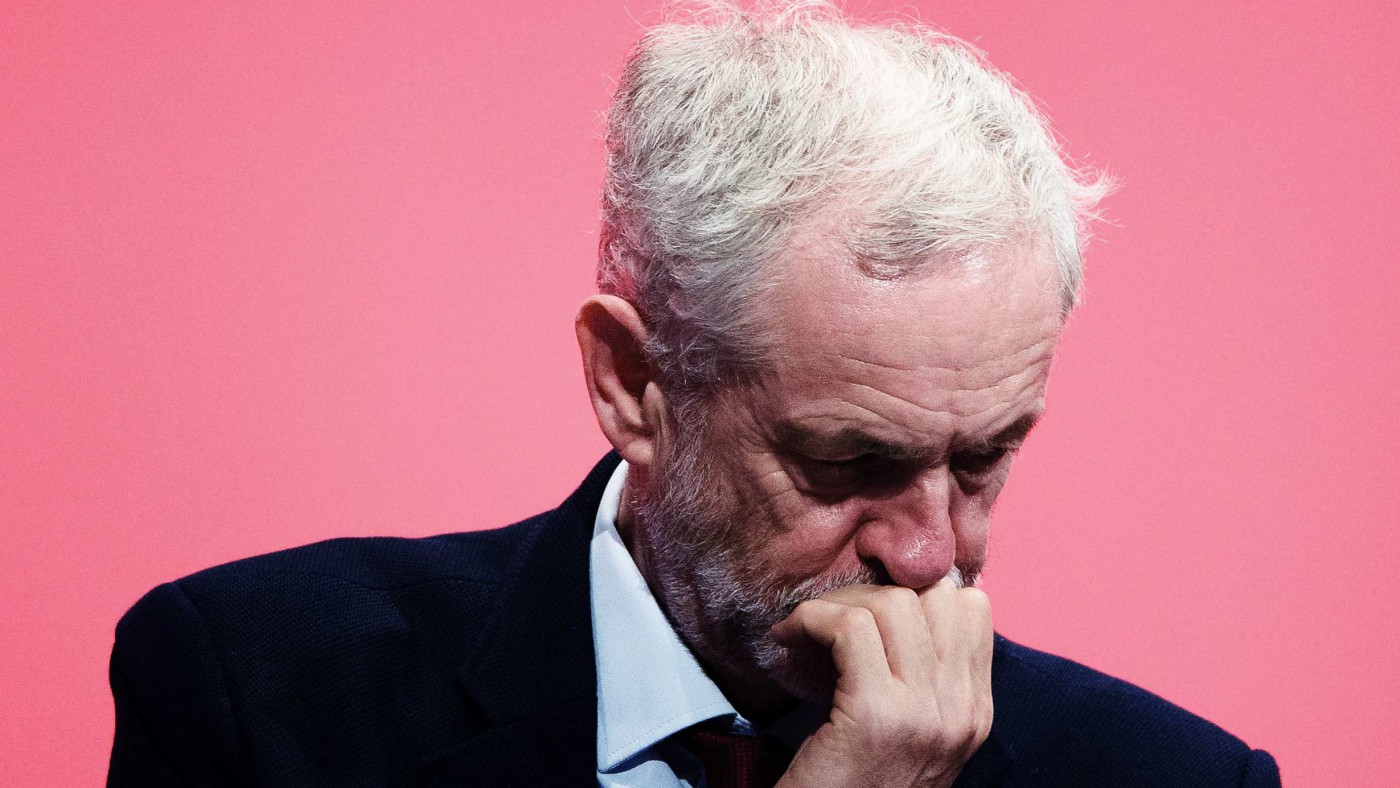Justice”, “human rights”, and “real opportunities”. “Peace”, “democracy”, and “a society where people are protected”. “Good jobs”, “investment”, “homes”, “schools”, “hospitals”, and “a society that cares for everyone”. “Kittens”, “chocolate foundations” and “a society where every young boy gets a copy of FIFA 16.”
OK, so I made up the last sentence. And, no, the others aren’t the contents of a ‘Miss World’ bingo card. In fact, these are a collection of the buzzwords from Jeremy Corbyn’s first Party Political Broadcast, released today.
There have been few people as critical of Jeremy Corbyn’s proposed economic policies as me. Yet there was barely anything in the 2 minutes and 45 seconds today that I disagreed with. It turns out that if you just articulate a list of motherhood and apple pie aspirations, you can elicit a great deal of consensus. Who knew?
Perhaps this is all just political marketing – an attempt to negate the anti-Corbyn media narrative of recent weeks.
Yet his conference speech was largely the same, suggesting otherwise. And there are two other potential reasons why Corbyn might be banally repeating such platitudes.
The first was exemplified on Channel 4 News on Tuesday night. During a debate of supporters after Corbyn’s speech, a young Labourite claimed “what unites us is wanting better for people”. The implication being, presumably, that Labour holds a monopoly on virtue and that Conservatives, Lib Dems and UKIPers sit round plotting ways to make us all worse off. Maybe Corbyn too really does have that smug moral superiority that is beaten out of most people during their time on the college JRC Green and Ethical Committee. If so, he’s going to be insufferable.
The more dangerous explanation is that maybe Corbyn believes we will think that his policy ideas are so evidently the answer to delivering us to utopia that he need not make a thorough case for them. If so, he is wrong but dangerous.
In a recent Ted Talk, Tyler Cowen outlined why we should be suspicious of simple stories. They often omit vital information, oversimplify things and make us irrational. Yet we love to think through narratives and fall for their lessons regularly. Perhaps Corbyn’s deliberate strategy is to be the simplest of simple story tellers. ‘Low pay? Institute a living wage’. ‘Rents are high? Impose rent controls.’ ‘Steelworks closing down? Government should intervene’’. ‘Rail prices are high and the franchises are run for profit? Nationalise them! People before profit’!
The stories are intuitive. They are easy to repeat. But the evidence of the last century shows they are also misguided. Budget constraints matter. There are no free lunches. Incentives change behaviour. Competition drives up standards.
Far from the ‘Straight Talking, Honest Politics’ Corbyn promises, at the moment he is serving up ‘Universal aspirations, predcitable faith-based solutions’. For believers in the power of a free economy, one hopes the normally cynical British public won’t fall for the simple yet failed stories of the past, but will soon start asking: where’s the beef and what’s the catch?


